Review
Volkswagen has delivered an excellent all-rounder with the new third-generation Tiguan. It’s just an spacious and practical as before but now comes with a very compelling plug-in hybrid option that is perfect for fleets.
Overview
SUVs are still incredibly popular and the Volkswagen Tiguan is among the best-selling models in its segment. It as achieved this despite being one of the oldest and from a fleet perspective, it wasn’t the most competitive.
Things have changed in a big way, however, with the introduction of an all-new Tiguan.
The new car is curvier than before. Taking inspiration from VW’s ID range of electric cars, the Tiguan is now more aerodynamic and therefore more efficient.
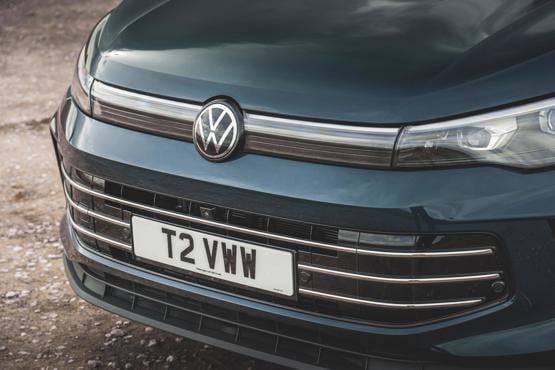
It offers a similar level of space, having grown by 30mm in length but retaining the same width and height.
A key change is the new plug-in hybrid offering. There are now two plug-in hybrid Tiguans available, both with a much larger battery than the last model. It means a range of up to 77 miles is possible, pushing the car into the 5% benefit-in-kind tax banding.
There’s also a choice of mild-hybrid petrol and even a diesel, to suit a broad range of requirements.
The model range kicks off with ‘Tiguan’, priced from £34,075. That’s only available with a 130PS 1.5-litre petrol engine. Next up is Life, followed by Match and Elegance. These get the majority of the powertrains. R Line sits at the top of the range and is the only model that can be had with the most powerful plug-in hybrid engine.
Comfort and practicality
If there are two areas where the Tiguan needs to excel, then its comfort and practicality. As a car designed primarily for families, it has a spacious and airy interior and a large boot.
Luggage space has grown by 37 litres, to 657 litres. Although that shrinks to 490 litres for plug-in hybrid models.
The rear seat bench can be folded and slides forwards to make more space. There’s also moveable boot floor, with space underneath.
We found the seats to be supportive and comfortable, matching the premium feel of the Tiguan’s new cabin. The aerodynamic enhancements have also made a notable improvement in wind noise, helping to improve refinement further.
Overall build quality seems high and VW has integrated some neat touches into the interior, such as the ambient lighting that illuminates through a pattern on the interior trim panels.
Safety and technology
One of the key innovations in the new Tiguan is the fitment of VW’s latest infotainment system. It was designed to address criticisms of the system first seen in the Golf and ID3, so the user interface is easier to use and there’s more shortcut buttons to replicate physical switches.
The system is provided via a 12.9-inch display, which can be optionally increased to 15 inches. We think the standard screen is probably big enough, though.
As a result of the new screen, which dominates the dashboard, there’s very few other switches. The climate controls are now integrated into the display, with touch sensitive ‘sliders’ beneath the screen provided to adjust the temperature quickly.
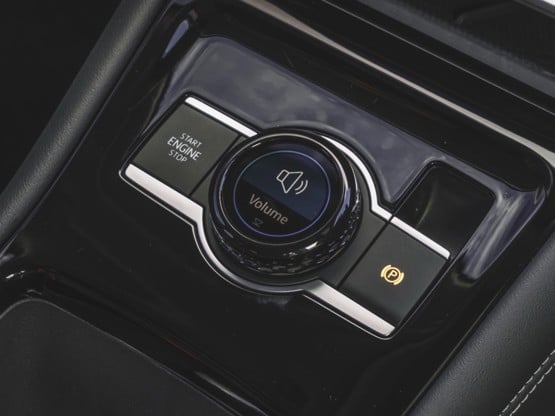
One of our favourite additions is the new Driving Experience Switch, in the centre console. It operates primarily as a volume control for the stereo, but can also be customised to perform other functions, such as changing the drive mode.
All Tiguans come with a good level of driver assistance technology, including autonomous emergency braking, lane keep assist and a reversing camera.
The Life trim includes some more fleet-friendly tech, including adaptive cruise control, lumbar support for the front seats, front and rear parking sensors and a wireless phone charging pad.
Unlike some brands, VW has does offer a range of options across the trim grades, so drivers can specify the equipment they desire most if it isn’t included as standard.
Driveability and efficiency
The Tiguan has a broad powertrain line up that starts with a 130PS 1.5-litre mild-hybrid petrol engine. There’s also a more powerful 150PS variant of the same engine.
While these engines have the lowest price point, they aren’t the most efficient when it comes to CO2 emissions and therefore company car tax. The eTSI units emit upwards of 139g/km, although we did find fuel consumption of around 41mpg could be achieved.
The diesel will get closer to 50mpg, although CO2 emissions of 141g/km may put off a lot of drivers when it comes to tax.
For fleets, the eHybrid makes the most sense. In base tune it develops 204PS and emits just 9g/km of CO2.
With its 19.7kWh battery, the Tiguan manages up to 77 miles (WLTP) between charges, making it one of the most capable plug-in hybrids on the market.
R Line models can be specified with a 272PS version of the engine, which have a 72-mile electric range.
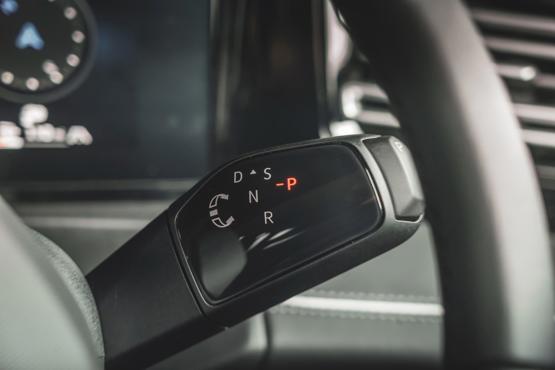
The Tiguan is a very easy car to drive with light controls and good visibility. The 150PS eTSI is potent enough, although when you need to accelerate hard it becomes a little less refined.
The eHybrid models offer ample performance and the benefit of silent running when in 'EV mode'. You can expect 50 miles of real-world driving using battery power, making the Tiguan eHybrid well suited to the average commute. We found the 272PS version a little eager to wheelspin, when you try an accelerate quickly, while the 204PS version provides a more relaxed drive.
Ride quality was slightly rougher than we were expecting. The standard suspension setup does a good job of minimising body roll but on undulating or poorly surfaced roads the Tiguan can feel a little unsettled. Adding the optional adaptive dampers – which have been redesigned for this model – offer the ability to soften the ride to a more palatable level. It also allows drivers to firm up the suspension for a sportier drive.
Company car tax and running costs
As we’ve probably made clear already, the Tiguan eHybrid is a compelling fleet choice with its ability to cover up to 77 miles on a charge. It means BiK tax of just 5%, putting the car ahead of all its competitors.
Pricing for the eHybrid starts at £42,470 (P11d), which makes it about £900 more expensive than a Kia Sportage PHEV and £1,900 more than a Kuga. The Tiguan’s lower running costs of 39p per mile over a four-year (80,000-mile) cycle should pay dividend in the long run, however.
The cheaper 1.5 eTSI sits in the 32% BiK band, while the diesel attracts a 33% rate. Depsite these models having higher running costs - 47ppm and 48ppm, respectively - they still account for a large proportion of fleet sales.
Matt has been an automotive journalist for nine years and has driven just about every new car and van that's on sale. As content editor - vehicles he is responsible for the automotive content on Fleet News and also contributes to Automotive Management. Prior to this, Matt worked in the automotive industry for 10 years.


Specs
| Manufacturer | Volkswagen |
| Model | |
| Specification | Volkswagen Tiguan Estate 1.5 eTSI 5dr DSG |
| Model Year | 2024.00 |
| Annual VED (Road tax) | £540 |
| BIK List Price | £34,790 |
| CO2 | 139g/km |
| BIK Percentage | 33% |
| Insurance Group | N/A |
| CC | 1,498 |
| Fuel Type | |
| Vehicle Type | Medium SUV |
| Luggage capacity (Seats up) | 652litres |
| Doors | 5 |
Running Costs
| P11D | £34,790 |
| Cost per mile | 50.55ppm |
| Residual value | £14,975 |
| Insurance group | N/A |
| Fuel Type | |
| Cost per mile | 130.24ppm |
| Fuel | 13.64ppm |
| Depreciation | 114.20ppm |
| Service maintenance and repair | 2.40ppm |
Rivals
Info at a glance
-
P11D Price
£34,790
-
MPG
46.3 (WLTP) -
CO2 Emissions
139g/km -
BIK %
33% -
Running cost
3 Year 60k : £14,975 4 Year 80k : £12,200 -
Fuel Type

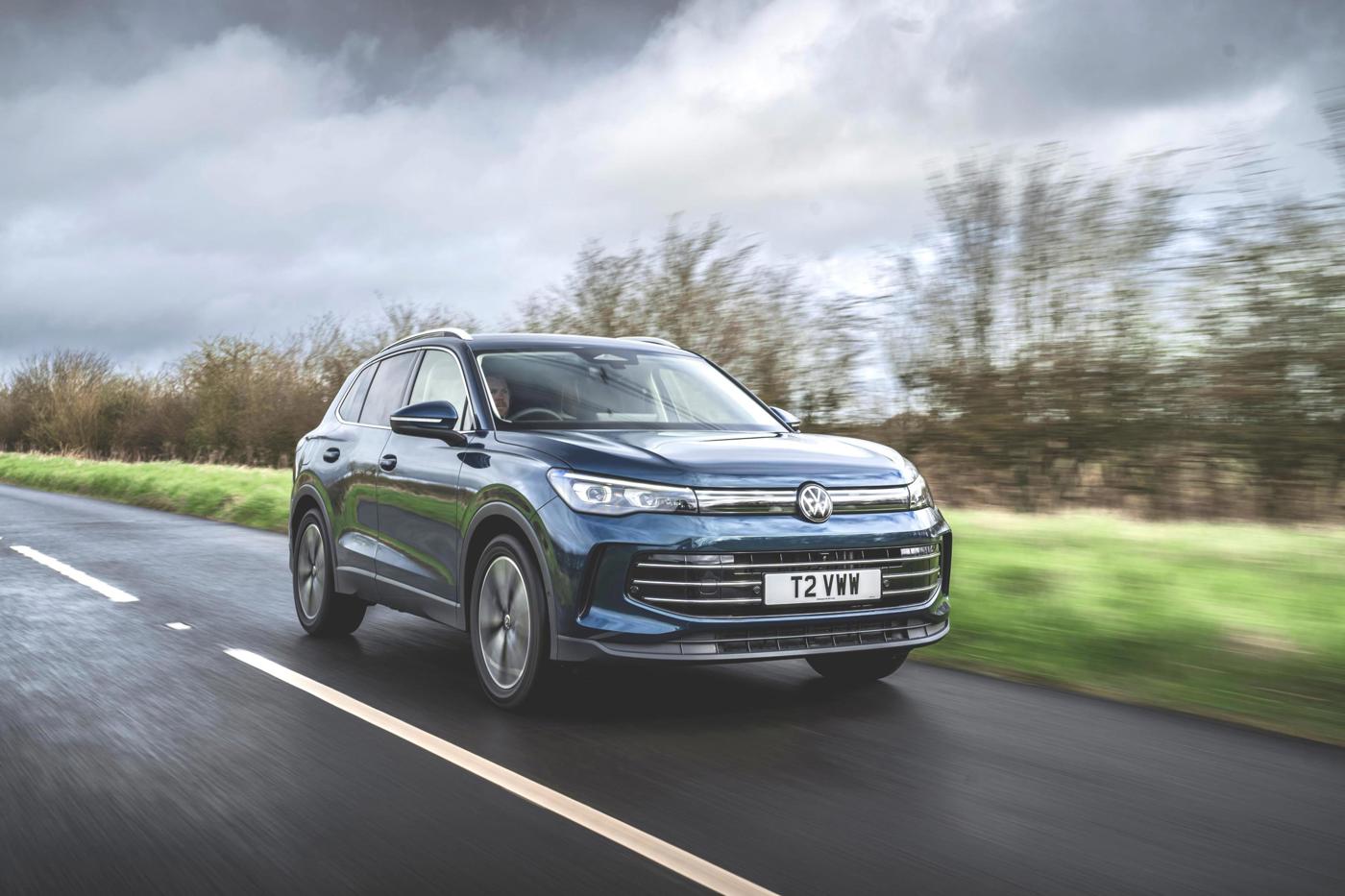
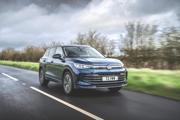
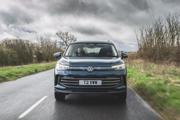
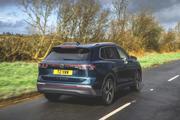
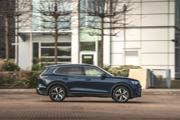
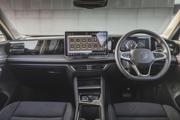
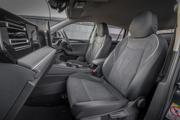
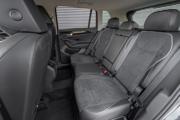
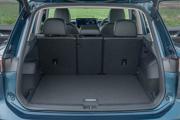
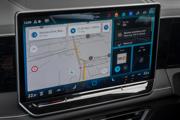
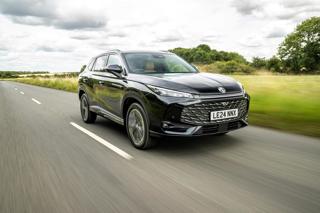
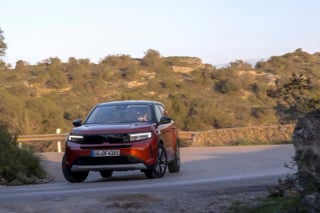
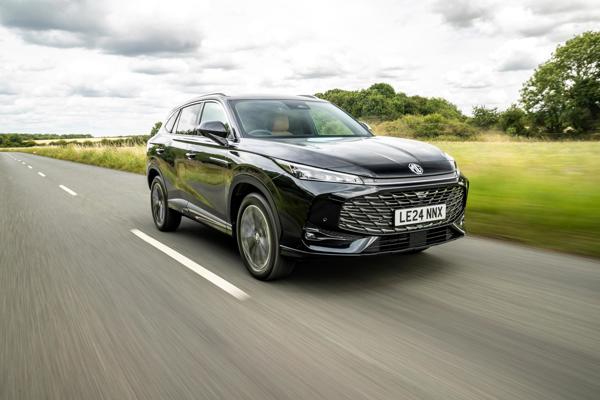
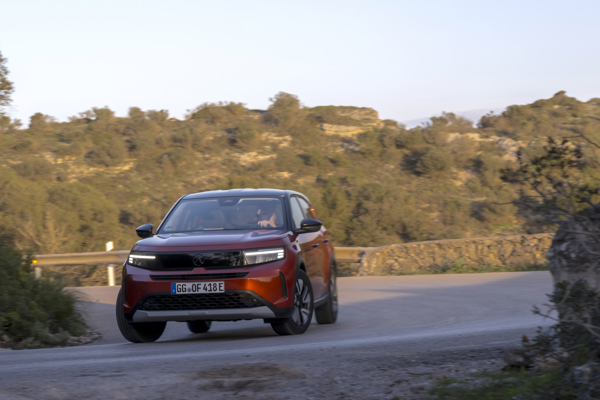
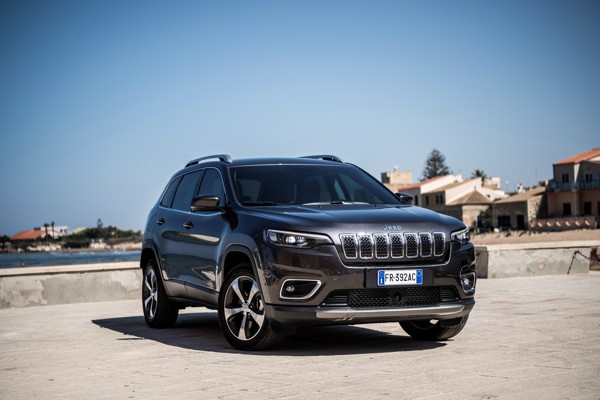
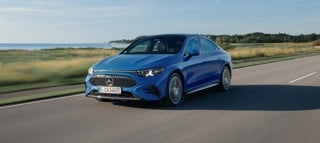
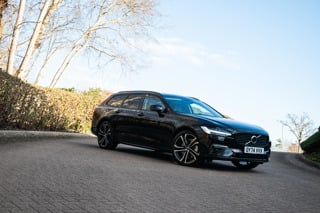
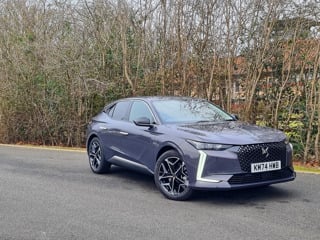
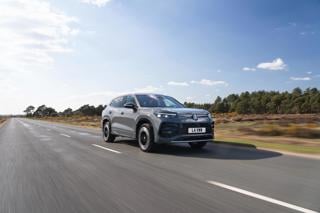
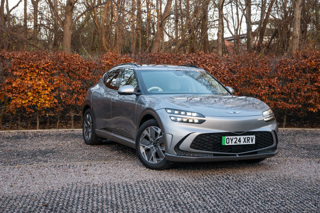






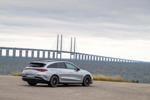
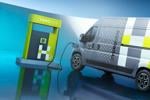




Login to comment
Comments
No comments have been made yet.